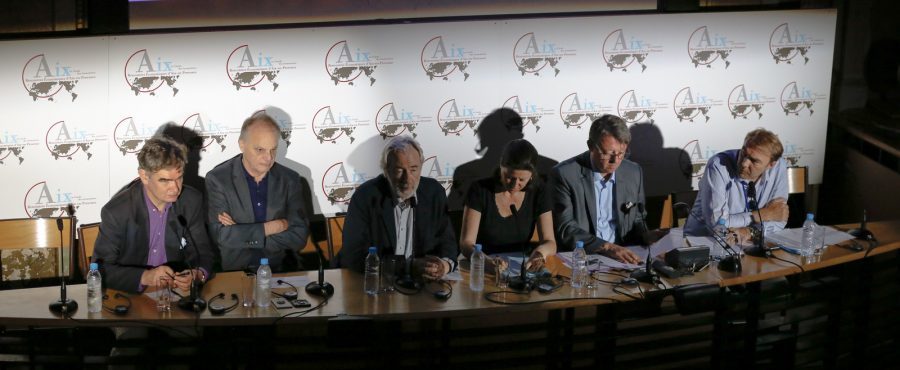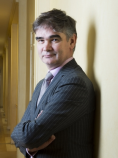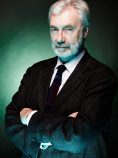8 Jul 2017
Will We Still Be Human?
Session 7

The continuous progress of science and its applications enables us to consider using machines in order to increase human potential. However, the increasing growth of NBICs (nano-bio-info-cognosciences) raises a number of questions regarding not only the scientific, moral and philosophical but also the economic aspect. It is now crucial to begin reflecting on the future of mankind. The prospect of almost infinite possibilities now raises a fundamental ethical question: despite the ever-increasing use of new technologies to perfect Man 2.0, is there a line that should not be crossed? How far can we improve the human body?
Besides the moral conflict aroused by transhumanist ideology, opportunities represented by the ability to make human being progress bring up a great number of questions regarding the economic, political and social impact of human increase on future societies.
The life of human beings is currently divided into three stages: learning, productive work and rest. This sequence is based on the interconnection between generations, where the working generation simultaneously ensures the needs of the other two. How can a society of immortal be regulated? Will eternal life be eternally productive or an everlasting phase of learning? What does it mean for the job market, education and the economy? What would it involve in terms of the healthcare system? Can we imagine a two-gear humanity, divided into organic and augmented humans? How can we avoid this pitfall?





















































































